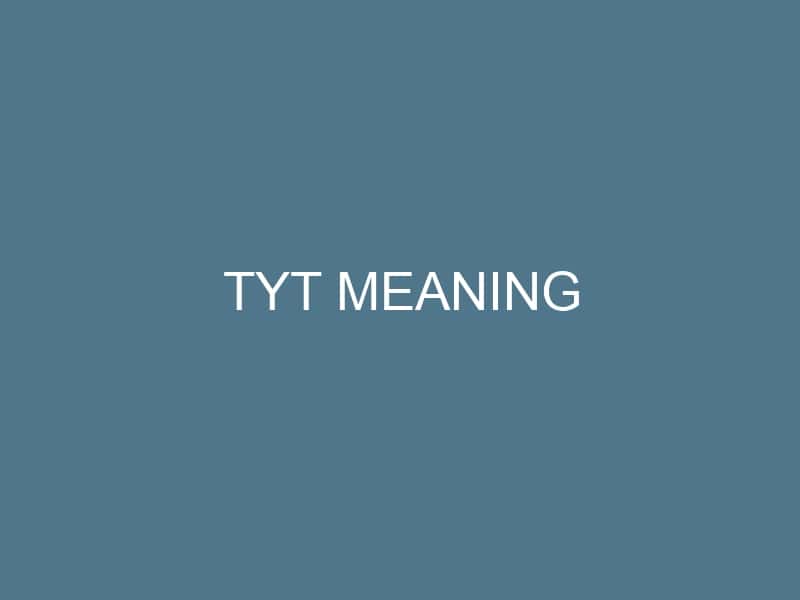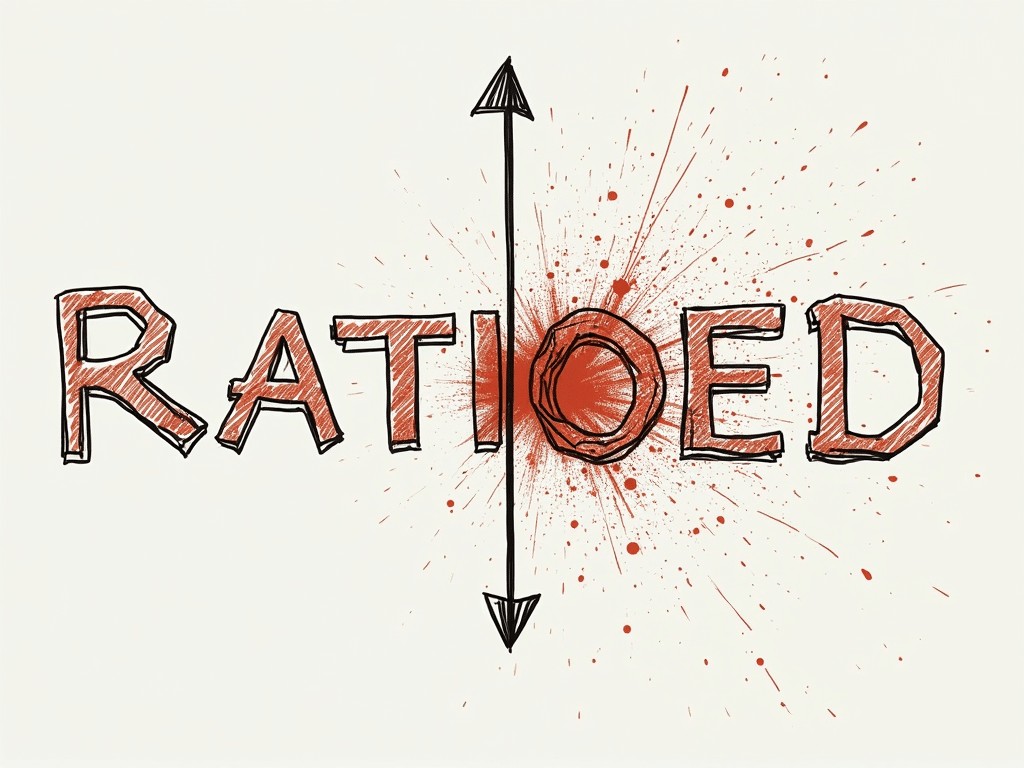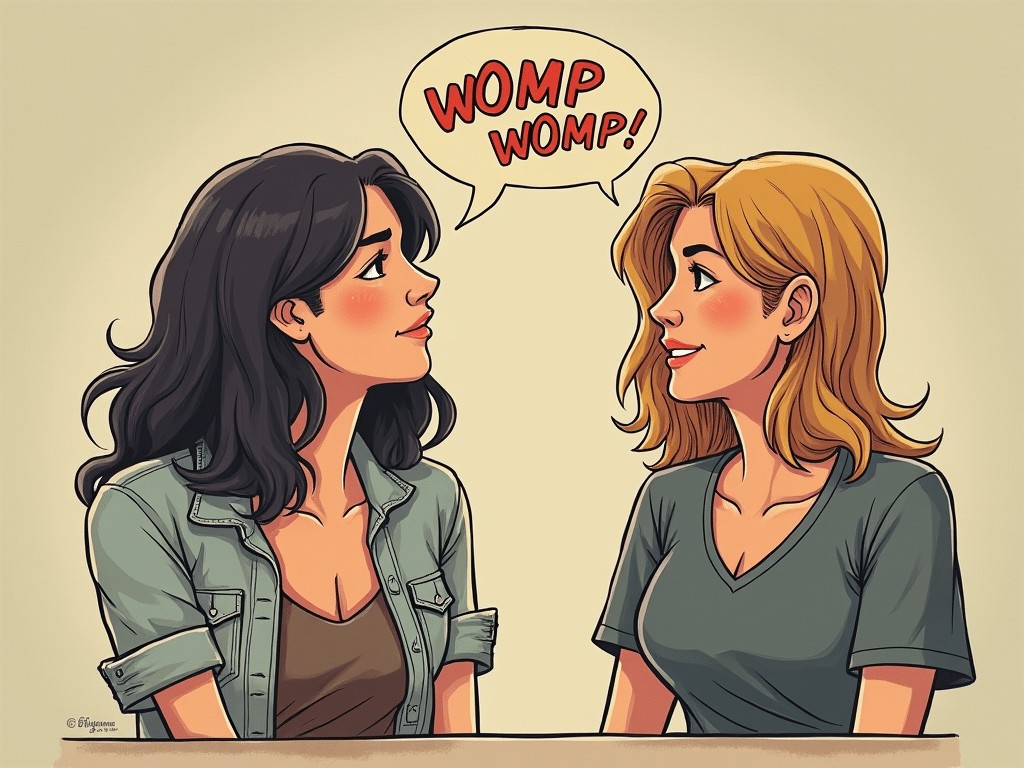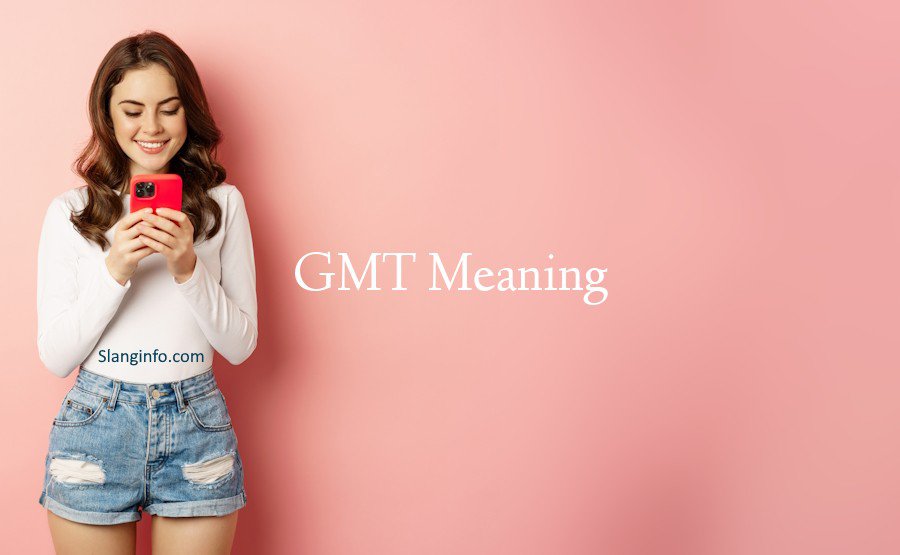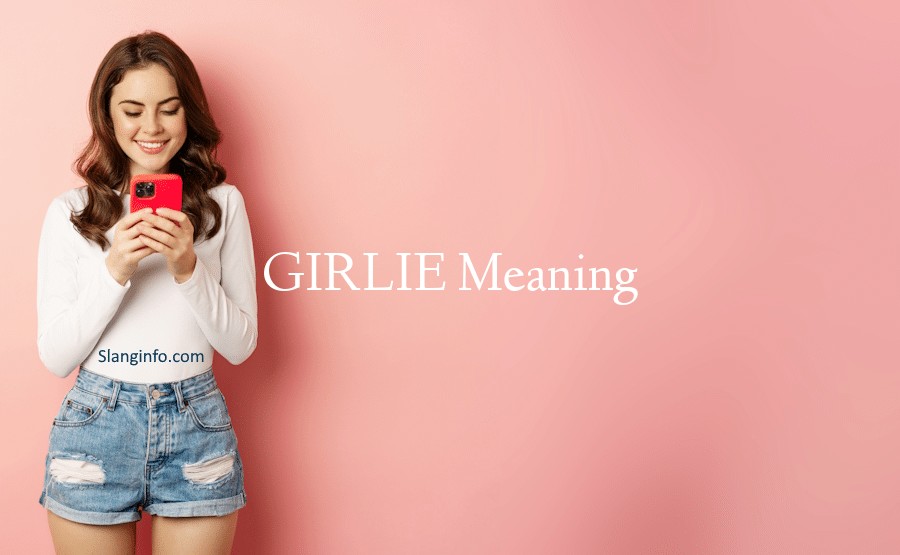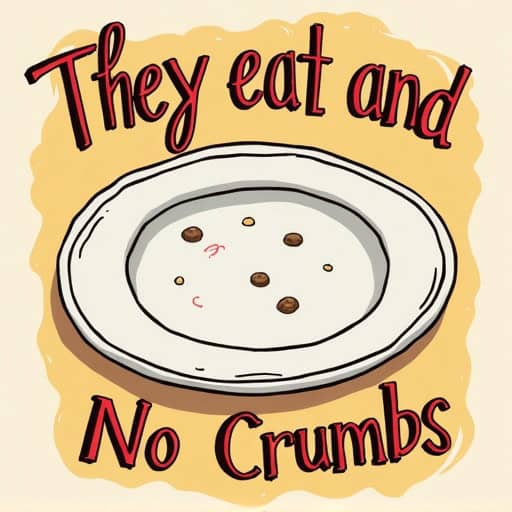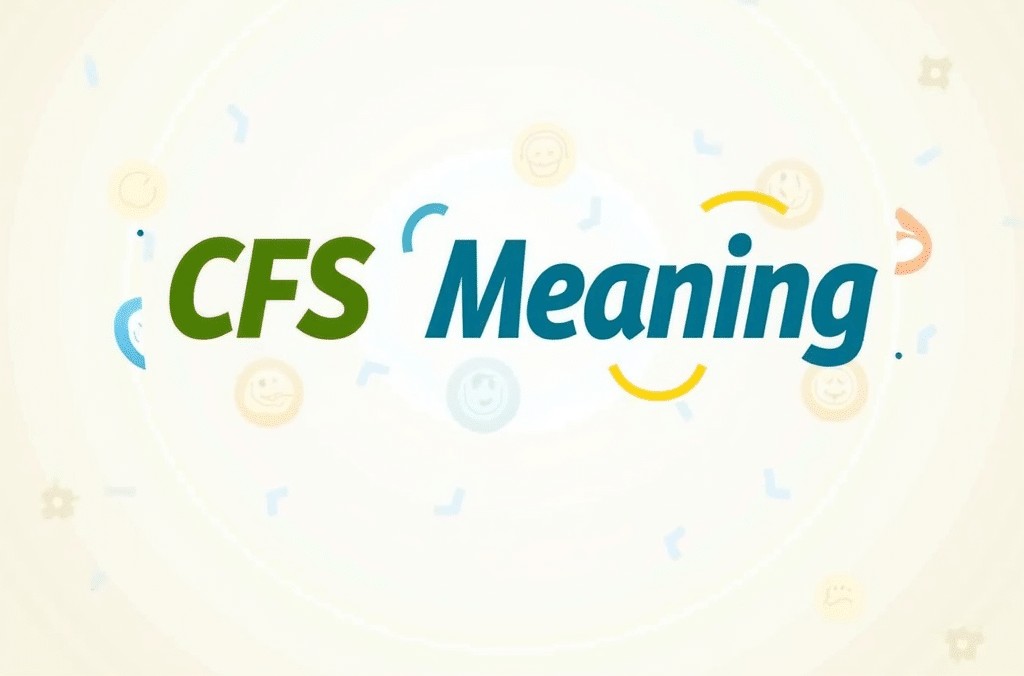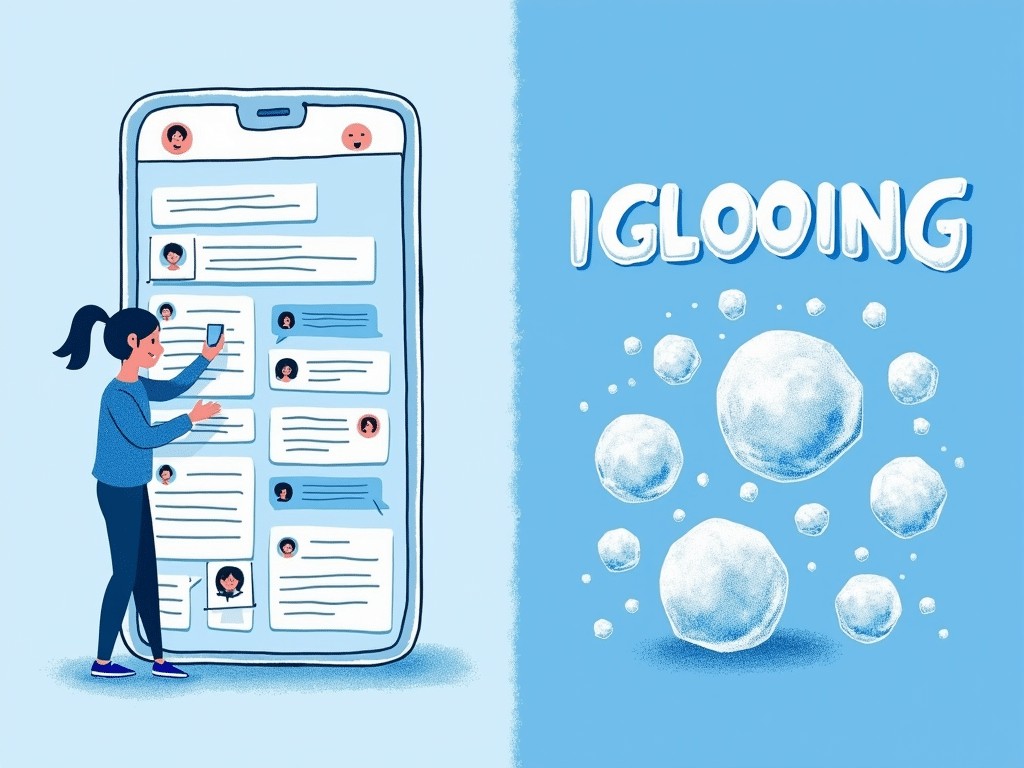Hey fam! Ever come across “ACAB” spray-painted on a wall or buzzing around on your favorite social media? If you’re nodding along, you’re in good company! This four-letter acronym isn’t just some random letters; it’s a whole vibe that’s setting the social media world on fire. So, let’s break down the ACAB meaning and figure out what all the fuss is about!
Key Takeaways
– Meaning: ACAB stands for “All Cops Are Bastards.” 😲
– Usage: It critiques underlying issues in policing, not individual officers.
– Origin: This term has roots in the UK from the 1920s.
– Trends: ACAB is often seen in protests and trending on social media.
– Debate: Its meanings and implications are hotly debated across different communities.
ACAB Meaning: What’s the Deal?
Alright, let’s get real for a minute. ACAB translates to “All Cops Are Bastards.” Whoa, heavy, right? But hold up! When people toss around ACAB, it’s not usually about beef with your friendly neighborhood cop who helps out with your lost dog. It’s more about taking a long, critical look at the whole policing game. Think of it as saying, “Yo, something’s fishy here, and we need to have a serious talk!”
ACAB Meaning in Text
You might spot ACAB casually chilling in social media posts or texts like:
– “This is insane! #ACAB 🤯”
– “Another life lost to police violence. ACAB, for real. 😡”
Using ACAB like this shows a wave of frustration with how the system can sometimes work. It’s a shorthand way to express anger or disappointment when things don’t feel right.
The ACAB Story: From Streets to Tweets 📱
ACAB didn’t just drop from the sky last summer; it’s been kicking around since the 1920s! Originating in the UK, folks would chant “All coppers are bastards” (Pro-tip: “copper” is UK slang for a cop!). By the time the 1940s rolled around, strikers had shortened that lengthy phrase into the snappier ACAB.
Fast forward to the 1980s, and punk rockers adopted it big-time. Ever heard of The 4-Skins? They dropped a banger called “A.C.A.B.” in 1982, turning ACAB into a legit punk anthem—talk about giving those four letters a megaphone!
ACAB Goes Global: From Punk to Protests 🌍
Now let’s take this global! ACAB didn’t just stick to England; it went full viral. Soccer fans started chanting it, printing it on merchandise, and even spray-painting it on walls. Eventually, it morphed into a battle cry during protests, especially after George Floyd’s tragic death in 2020. ACAB became a platform for critiquing society and calling for reform.
What’s the Big Deal? The ACAB Controversy 🤔
Here’s where things get a bit spicy—ACAB is super controversial. Some see it as a rallying cry against police brutality and systemic racism, while others think it unfairly paints all officers with the same brush. Let’s break that down:
Pro-ACAB Perspective:
– It’s a cry for systemic change, not an attack on individual cops. The belief is that even “good” cops operate within a broken system.
Anti-ACAB Perspective:
– Critics argue it doesn’t help find solutions and tarnishes the image of all officers. It’s kind of like flipping a board game over to avoid changing just a few bad rules.
ACAB in Action: More Than Just Letters
ACAB isn’t just a trendy catchphrase; it’s become part of a larger movement gaining traction. Here’s how it pops up in everyday life:
– Protests: You’ll spot signs, chants, and graffiti at demonstrations everywhere.
– Social Media: Look for ACAB all over hashtags, especially when police-related news hits the timelines.
– Fashion: It’s even made its way onto shirts, pins, and face masks. Want to rep ACAB? You’re in good company!
– Music: From punk to hip-hop, ACAB shows up in lyrics, reflecting the collective frustrations toward law enforcement.
ACAB Around the World 🌍
ACAB has gone global! It started in the UK 🎉, with “All coppers are bastards” still being chanted at football matches. In Germany, they say “Alle Bullen sind Schweine,” and in France, it’s “Tout le monde déteste la police”—which means everyone hates the police. It’s wild how these letters resonate across borders!
The Legal Side: ACAB and Free Speech
Now, yelling ACAB can sometimes land you in hot water. But like everything else, it varies by location. In Austria, courts have ruled it’s cool to shout at soccer matches. On the flip side, some protests in the U.S. faced backlash for using ACAB, but those charges often got dropped. It’s a legal tug-of-war between free speech rights and societal norms.
ACAB in the Digital Age: Memes and More
These days, ACAB is blowing up online! Gone are the days of limited spray-painting. Now, it’s all about hashtags, memes, and TikTok chaos. People use it to:
– Share personal police stories.
– Mobilize for protests.
– Raise awareness about the need for police reform.
What’s Next for ACAB?
What does the future hold for ACAB? Hard to say, but here’s what we can guess:
– More discussions on police reform are on the horizon.
– Potential changes on how policing operates may be in the cards.
– Public perceptions about law enforcement could shift, altering the “us vs. them” narrative.
Wrapping It Up
What a ride, huh? ACAB isn’t just four letters; it’s a hurricane of meaning, emotions, and activism. Whether you vibe with it or stand against it, getting to know what ACAB stands for is crucial in today’s world. Slang is more than just words—it’s about the thoughts and feelings wrapped up inside them. Next time you catch ACAB, remember the rich history and vital conversations behind those little letters. Mind-blowing, right?

